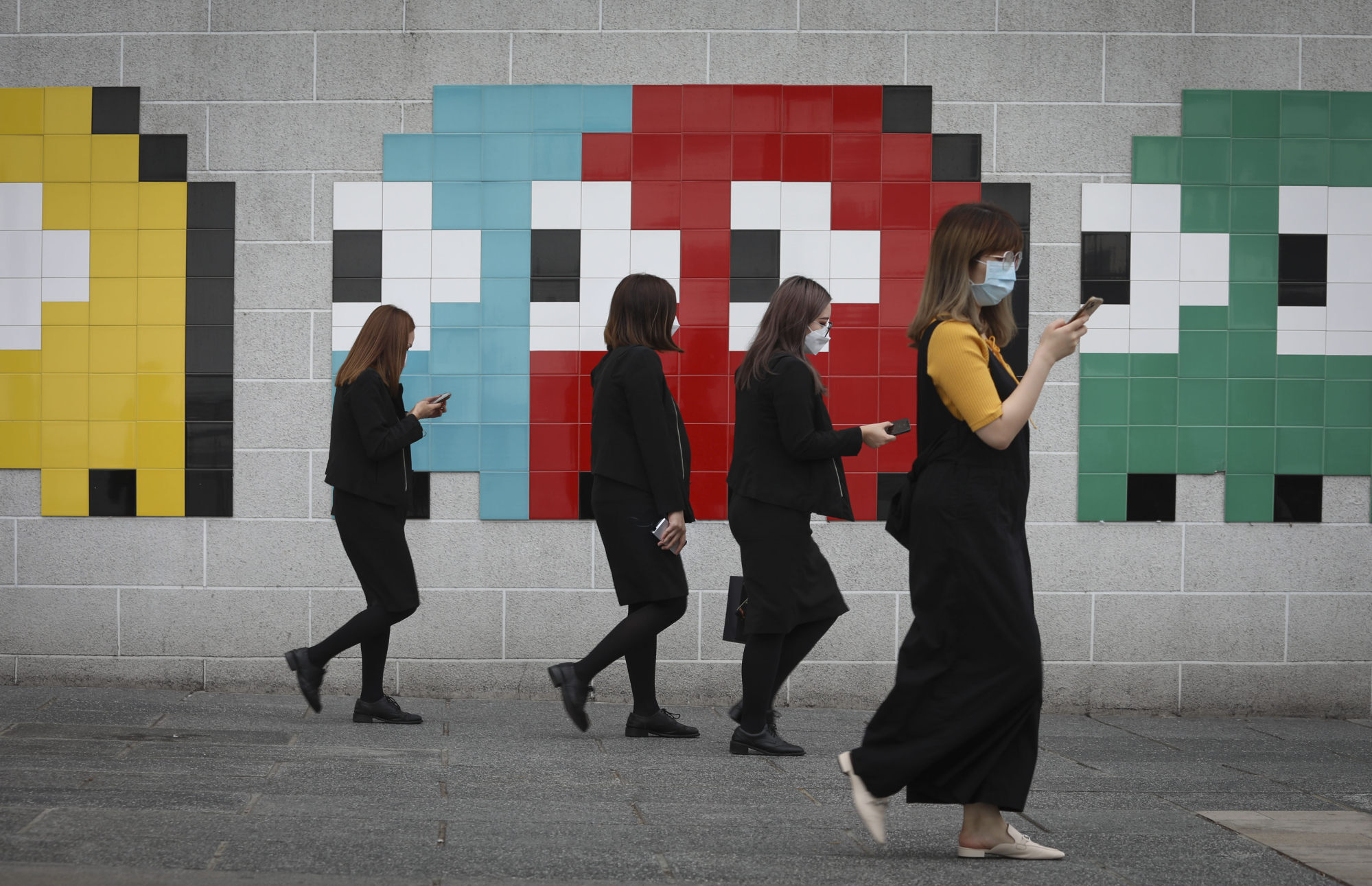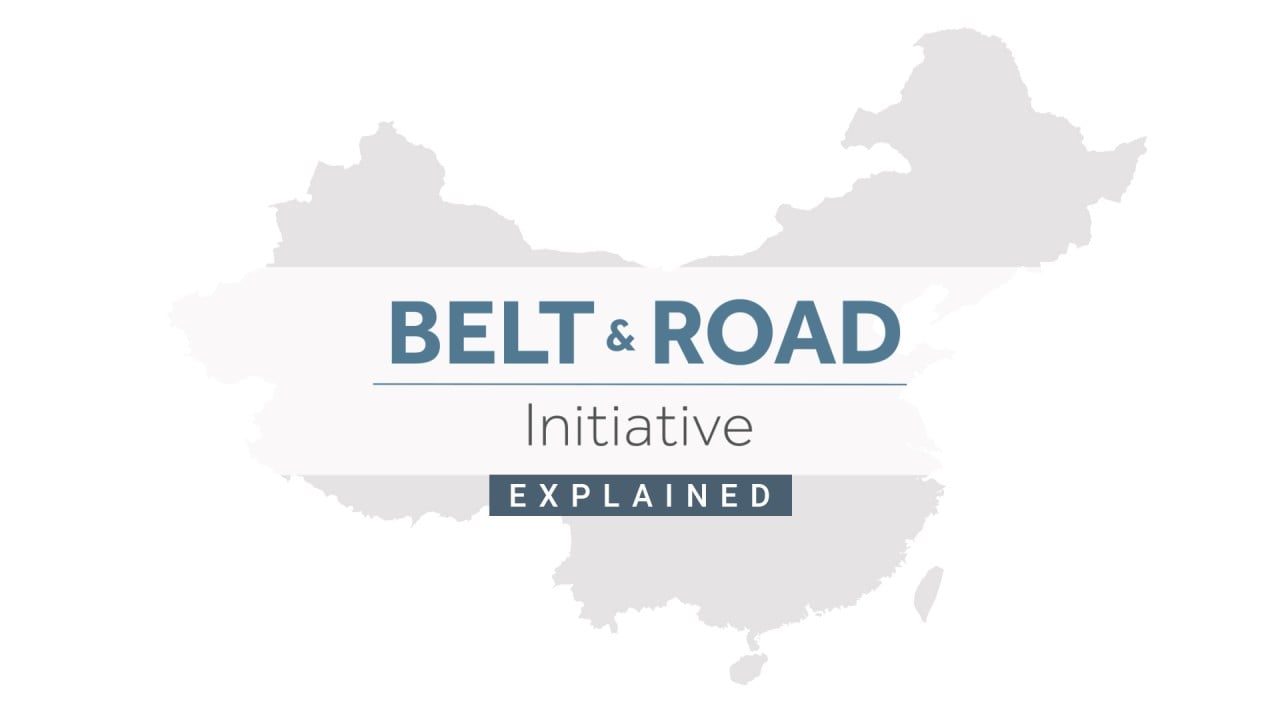
How China’s Belt and Road Initiative could benefit from Ig Nobel Prize-winning research
- Honouring research that makes one laugh and think, this year’s Ig Nobel winners range from analysis of cat-human communication to a paper on discarded chewing gum
- A study that found the obesity of a country’s politicians is a good indicator of corruption in that country probably has the most practical value
Perhaps that is because the Ig Nobel Prizes, published annually in the science humour magazine Annals of Improbable Research, are intended “first to make you laugh, and then to make you think”. There is little in their Covid-19 legacy that we can laugh about.

Noting that beards only grow on men, they suggested that the beards grew to soften the blows during the inevitable testosterone-driven competition for mates.
Beards and Covid-19 hygiene: what men need to know
To test the idea, and because of ethical problems with using bearded humans, the team stuck sheep fleeces onto epoxy “bone”, and then whacked them repeatedly with a 4.7kg weight. The conclusion? Beards protect vulnerable bones in the face from forceful strikes.
Personally, I am not convinced. If beards were so essential to self-defence, why do so few boxers – or bouncers – sport beards? And if Muslim men and Sephardic Jews tend to grow beards, does this suggest they are more pugilistic than comparatively beardless Asian men?

Chinese researchers had measured political corruption in their country by counting the import value of luxury Swiss wristwatches between 1993-2013, but found that the rise of social media had undermined the effectiveness of this measure. Blavatskyy opted to measure how fat leaders were.
‘All Chinese are the same’: Indonesian graft-buster’s ‘nationalism’ test
He gathered photos of 299 cabinet ministers from 15 post-Soviet economies and then used an algorithm to measure each politician’s body mass index. The study found that 96 of the 299 top officials were “severely obese”. Uzbekistan, Turkmenistan and Tajikistan fared the worst. Transparency International’s Corruption Perceptions Index placed these among the world’s most corrupt economies.
The three economies with the lowest median body mass index – Estonia, Lithuania and Latvia – were also recognised by other corruption indices as less corrupt. The study concluded: “Our median estimated ministers’ body mass index is highly correlated with all five conventional measures of perceived corruption” and “political corruption is literally visible from the photographs of top public officials”.
Sadly for this year’s Ig Nobel Prize winners, pandemic travel restrictions meant that the award ceremony had to be virtual for the second consecutive year. Trophies had to be self-assembled from a PDF printout.
As usual, the cash prize was a counterfeit Zimbabwean 10 trillion dollar note – an iconic measure of how catastrophic the consequence of corruption and economic mismanagement can be, which should provide another sobering warning to world leaders gathered for the UN General Assembly. It is not just with regard to the Covid-19 pandemic that politicians can have a more immediate effect on life and death than scientists or doctors, and we now have the “Blavatskyy model” to measure it.
David Dodwell researches and writes about global, regional and Hong Kong challenges from a Hong Kong point of view


